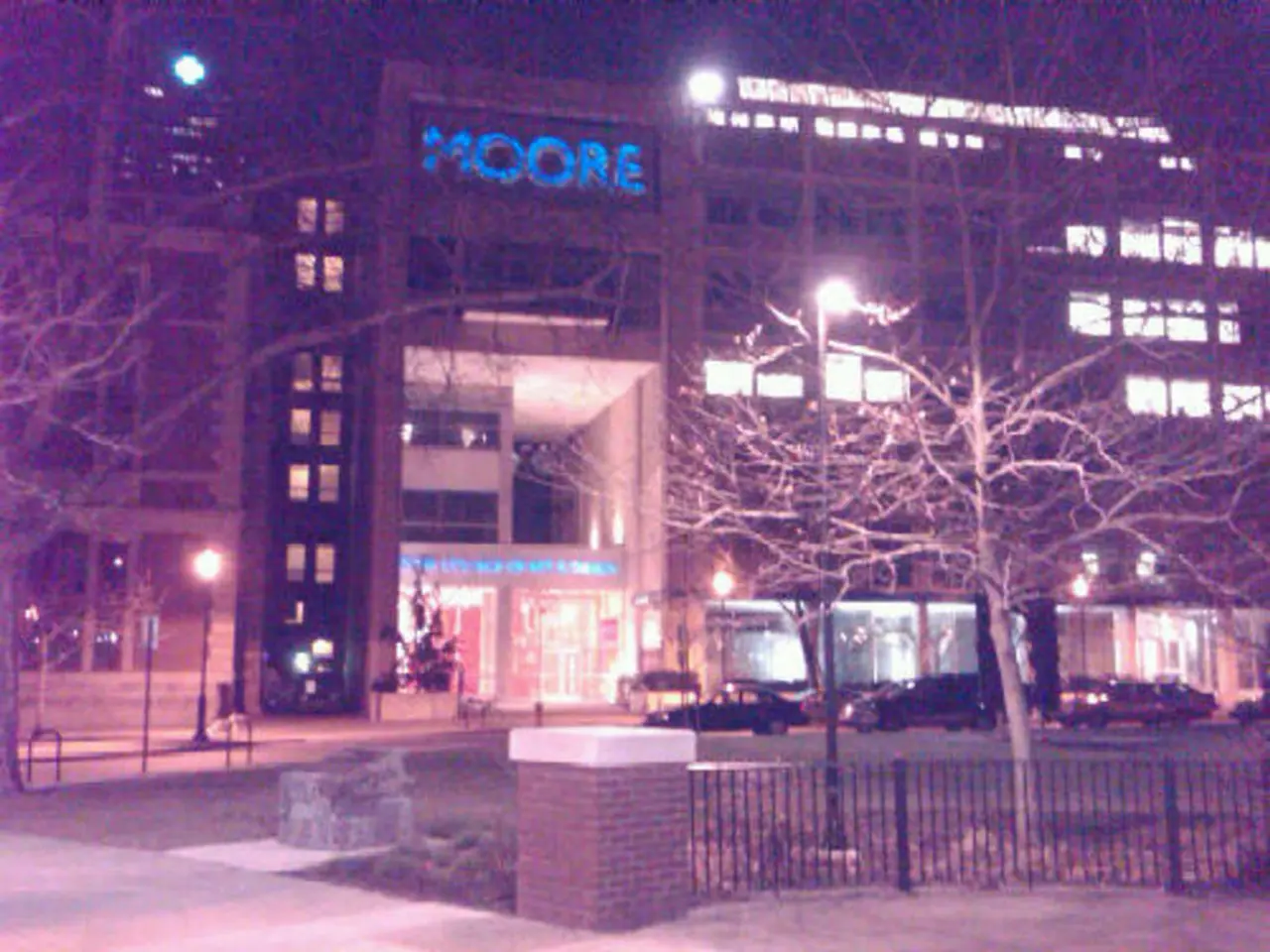Healthcare facility considers cost increase amidst construction surge
The University of Iowa Health Care (UIHC) has announced plans to increase patient rates by 6% in the upcoming budget year, as it embarks on a significant expansion project. The North Liberty hospital project, which includes an inpatient tower on the main campus and a half-billion-dollar hospital in North Liberty, will cost more than $1 billion in total.
The state has granted UIHC a certificate to proceed with the North Liberty hospital project, following a revised application that focused on easing overcrowding and demand for tertiary and quaternary care. The North Liberty hospital, initially focused on orthopedics, sports medicine, and rehabilitation, will also help treat UIHC's sickest and most acute patients. The project is on schedule and on budget, with an expected opening in April 2025.
UIHC's existing charges are below the 50th percentile of academic medical centers, but its inpatient and outpatient services, such as joint replacement and childbirth, often cost more than the state average. For a minor knee replacement in the previous year, the average UIHC charge was $77,049 compared to a state average of $52,503. For outpatient hip surgery, UIHC charged an average of $65,623 compared to a statewide average of $49,614, and for a minor vaginal delivery, UIHC charged an average of $18,931 compared to a state average of $12,303.
UIHC has received $261.8 million in directed payment revenue through its partnership to expand access and increase capacity for Iowa Medicaid beneficiaries. This, along with a 31% over-budget operating income for the current budget year due to directed payment revenue from a federal program, has helped UIHC offset some of the costs associated with the North Liberty hospital project.
To mitigate the impact of these charge increases on the medically indigent, UIHC's charity care program shields them from being affected. For self-pay patients, UIHC offers "charity care," which discounts charges for services using a sliding scale based on the Federal Poverty Limit, starting at 350% of that limit.
Hospitals and health systems nationally are facing worker shortages, increasing patient acuity, supply chain issues, and inflation, according to an American Hospital Association report from May. UIHC took over Mercy Iowa City after that community hospital filed for bankruptcy, and it is currently dealing with the challenges faced by hospitals across the country.
For precise, up-to-date, and relevant cost comparisons (UIHC vs. Iowa state averages), it is recommended to consult UIHC or Iowa Department of Public Health published hospital cost reports, statewide hospital charge databases or All-Payer Claims Databases (APCDs), or healthcare cost transparency tools such as CMS’s Hospital Compare or third-party sites specializing in healthcare pricing.
The University of Iowa Health Care (UIHC) plans to use a portion of the directed payment revenue from its Medicaid expansion partnership and the over-budget operating income from a federal program to help finance the North Liberty hospital project, which aims to address overcrowding and demand for tertiary and quaternary care. As part of UIHC's commitment to health-and-wellness, it offers a charity care program that provides discounted charges for services to self-pay patients and ensures the medically indigent are shielded from the impact of patient rate increases, while also pursuing advancements in science and medicine through its medical-conditions treatments, such as joint replacement and childbirth. Meanwhile, hospitals and health systems across the nation face challenges like worker shortages, increasing patient acuity, supply chain issues, and inflation, as detailed in an American Hospital Association report.




